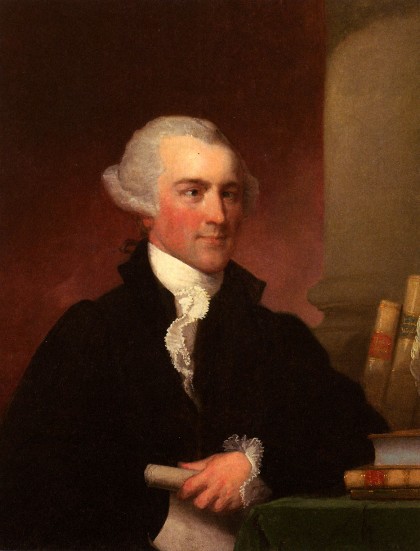by John Adams to Josiah Quincy, Sr.
Date: July 29, 1775
We jointly lament the loss of a Quincy, and a Warren; two characters, as great in proportion to their age, as any that I have ever known in America. Our country mourns the loss of both, and sincerely sympathises with the feelings of the mother of the one, and the father of the other. They were both my intimate friends, with whom I lived and conversed, with pleasure and advantage. I was animated by them, in the painful, dangerous course, of opposition to the oppressions brought upon our Country; and the loss of them, has wounded me too deeply, to be easily healed. “Dulce, et decorum est pro Patria mori.”
The ways of Heaven are dark and intricate; but you may remember the words, which many years ago you and I, fondly admired, and which upon many occasions I have found advantage in recollecting.
Why should I grieve, – when grieving I must bear.
And take with guilt, – what guiltless I might share?”
Source: The Adams Papers, Boston: Massachusetts Historical Society, Series III, Volume III, pp. 104-105. The quotation in Latin is from the ancient Roman poet Horace’s Odes III.2.13. These words were later said to have been among the last words of Joseph Warren. The second quotation is attributed to the ancient Greek Stoic Cleanthes of Assos as translated in 1716 by Henry St. John, Viscount of Bolingbroke, and is included in the latter’s From Reflections Upon Exile.
Commentary: John Adams sent this letter of consolation to Josiah Quincy Sr. marking the mutually lamented passing of his son, Josiah Quincy, Jr. and of Joseph Warren. Quincy, Jr. had died on April 26, 1775 of tuberculosis just before making landfall from his secret mission to avert fighting and to work a peaceful reconciliation with Great Britain. The younger Quincy had vainly sought to convey verbal secrets to Joseph Warren and Samuel Adams before death overtook him. His father, an important Patriot figure in the Provincial Congress, was devastated by the circumstances and the fact of his son’s demise. Joseph Warren had been killed at the Battle of Bunker Hill on June 17, 1775.
John Adams was writing from Philadelphia, where he was a delegate to the Second Continental Congress. Quincy Senior was in or near Watertown, where the Massachusetts Provincial government was located during the Siege of Boston.
Adams makes two classical references in this short but emotional note. “Dulce et decorum est pro patria mori” roughly translates as “It is sweet and fitting to die for one’s country.” Quoting classical authors to one another, both in the original tongue and in translation, was common among college educated Americans of the time.

 Follow
Follow